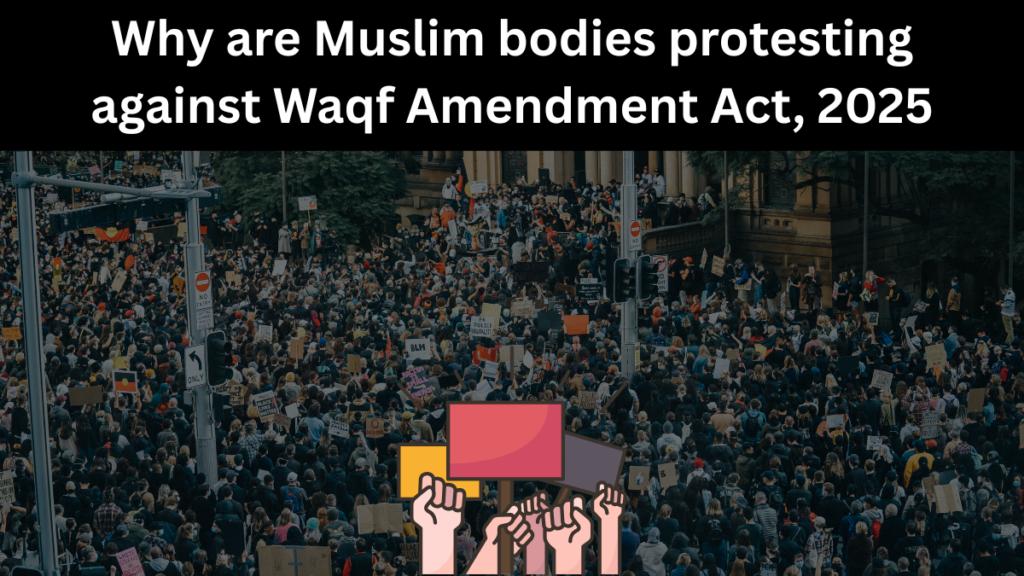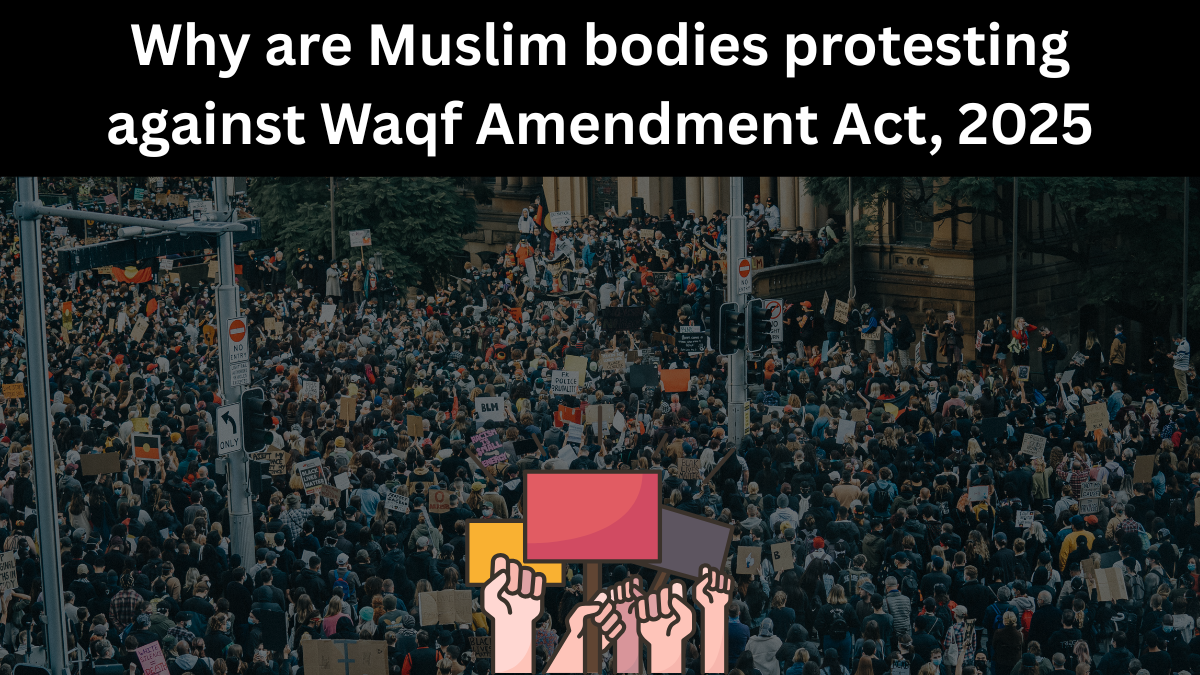The Supreme Court is set to take a pivotal step on April 16, 2025, by reviewing a series of petitions challenging the Waqf (Amendment) Act, 2025. Among the prominent voices raising concern is AIMIM leader Asaduddin Owaisi, joined by several political and civil rights figures who believe the Act undermines religious freedoms and constitutional rights.

Who’s Involved? — Key Petitioners at a Glance
A three-judge bench headed by Chief Justice Sanjiv Khanna and Justices Sanjay Kumar and KV Viswanathan will hear at least 10 petitions.
Here’s a quick view of the major petitioners:
| Petitioner | Affiliation/Role |
|---|---|
| Asaduddin Owaisi | AIMIM Leader |
| Amanatullah Khan | AAP Leader |
| Manoj Kumar Jha | RJD Leader |
| Association for Protection of Civil Rights | Civil Rights Group |
| Arshad Madani | Religious Leader |
| Samastha Kerala Jamiathul Ulema | Religious Organization |
| Mohammad Jawed | Congress MP |
| Imran Pratapgarhi | Congress MP |
| Vijay (Tamilaga Vettri Kazhagam) | Actor-turned-politician |
| SQR Ilyas | AIMPLB Spokesperson |
Other key petitioners include:
-
Jamiat Ulama-i-Hind
-
All India Muslim Personal Law Board (AIMPLB)
-
Communist Party of India (CPI)
-
YSR Congress Party (YSRCP)
What’s the Waqf (Amendment) Act, 2025?
The Waqf (Amendment) Act, 2025, recently passed by Parliament, has sparked widespread opposition. Critics argue it attempts to centralize control over waqf properties, sidelining the very communities that these religious endowments are meant to benefit.
Concerns Raised by Petitioners:
-
Violation of Religious Freedom: The Act is said to breach Articles 25 and 26, which protect the right to practice and manage religious affairs.
-
Discriminatory Nature: Many believe the law is arbitrary and exclusionary, particularly targeting Muslim religious endowments.
-
Undermining Minority Rights: By curbing the powers of waqf boards, the law allegedly limits the community’s autonomy over religious property.
-
Constitutional Violations: Petitioners also cite violations of Articles 14, 15, 21, 29, 30, and even 300-A (Right to Property).
A Glimpse Into Waqf: Origin, Evolution, and Law
Understanding the history of waqf helps put the debate into perspective.
What is Waqf?
| Term | Meaning |
|---|---|
| Waqf | A permanent dedication of property for religious or charitable purposes in Islamic law |
| Wāqif | The person who donates the property |
| Mutawalli | Trustee who manages the waqf |
| Mawqūf ‘alayh | Beneficiaries of the waqf |
Once a property is declared as waqf:
-
It cannot be sold, inherited, or transferred
-
It must serve the religious or charitable cause it was endowed for
Historical Timeline of Waqf in India
| Period | Development |
|---|---|
| Pre-colonial era | Islamic rulers endowed properties for religious use |
| British rule | Early resistance to waqf, especially family waqf, led to its invalidity |
| 1913 | Mussalman Wakf Validating Act legalized family waqfs |
| 1954 | First post-independence Waqf Act introduced |
| 1955 | Waqf Act re-enacted with improved framework |
| 2013 Amendments | Strengthened powers of waqf boards; improved protection from land encroachment |
How the Current Waqf Law Functions?
Under the Waqf Act, 1955 (with 2013 amendments), the structure includes:
-
Survey Commissioners: Appointed in each state to identify waqf properties
-
State Waqf Boards: Manage and supervise these properties
-
Central Waqf Council: Acts as an advisory body under the Ministry of Minority Affairs
All waqf properties are documented in official gazettes and monitored by statutory bodies.
Voices From the Ground
-
SQR Ilyas (AIMPLB): “The amendments are arbitrary and an attempt to take complete control from the Muslim community.”
-
Jamiat Ulama-i-Hind: Called it a “dangerous conspiracy” to curb Muslim religious rights.
-
Congress MP Mohammad Jawed: Accused the Act of placing “arbitrary restrictions” on waqf management.
-
IUML’s PK Kunhalikutty: “It clearly goes against the Constitution. We are hopeful the Supreme Court will protect our rights.”
FAQs
Q1. What is the Waqf (Amendment) Act, 2025 all about?
The Act introduces changes to how waqf properties are administered, allegedly centralizing power and limiting the role of state waqf boards and religious communities.
Q2. Why are so many leaders opposing this Act?
Critics argue that the amendments violate constitutional rights and religious freedoms, particularly affecting the Muslim community’s ability to manage its own religious assets.
Q3. What is Article 25 and 26 of the Indian Constitution?
These articles guarantee freedom of religion, including the right to manage religious affairs and establish religious institutions.
Q4. Who will decide the constitutionality of the Waqf Amendment Act?
The Supreme Court of India, through a three-judge bench, will hear the petitions and ultimately determine the law’s constitutional validity.
What’s Next?
With the hearing set for April 16, 2025, all eyes are on the Supreme Court. This legal battle could have far-reaching implications not just for the waqf system, but also for the broader dialogue on religious autonomy and minority rights in India.
Click here to learn more
Sachin is a dedicated writer specializing in education, career, and recruitment topics, delivering clear and actionable insights to empower readers.
